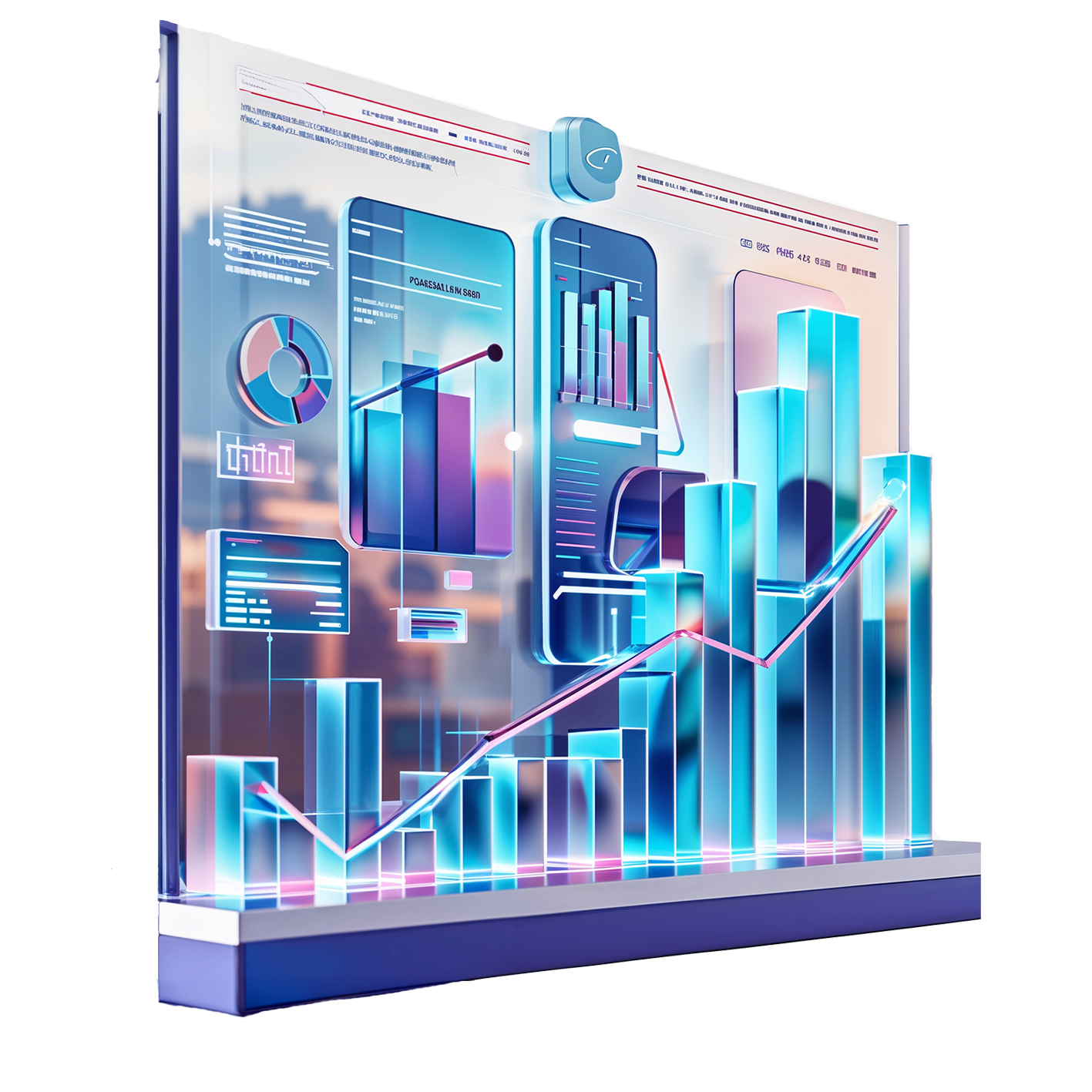Who in the renewable sector is expected to understand B2B platforms? Software providers speak their own language—still English, not Java, surprisingly. Management is left to search for knowledge that barely exists on the market. This often leads to delays in adoption or poor investments with low ROI.
That’s why it’s crucial to plan the search and purchase process wisely. Defining goals, rollout stages, and expected benefits helps avoid mistakes.
We call it smart process mapping.
Most RES companies already use B2B platforms. We support marketplace managers by tracking performance, optimizing processes, and aligning features with user needs.
Optimizing a B2B platform means smart budgeting and ROI tracking. We reduce unnecessary costs and help reinvest in high-impact areas for better platform performance.
Clear KPIs like active users, sales per user, or uptime drive better decisions. We track results and fine-tune strategies to boost user experience and efficiency.
KPIs: active users %, total sales, sales per user, top clients, uptime, load time, errors, unique features, NPS, anomalies.
B2B platforms must evolve. We improve existing systems by adding features, acting on feedback, and helping you stay competitive as market needs grow.

Reveals hidden patterns to optimize processes, cut losses, and forecast demand.
No. In most cases, we integrate existing systems (e.g., ERP, CRM, project and logistics management systems) using dedicated API interfaces or middleware, without the need for replacement.
Yes, the system provides real-time access to key performance indicators through dashboards and analytics.
No. We tailor the integration to the specifics of your company, offering dedicated solutions that minimize complexity and implementation time.
No. In most cases, it’s better to integrate existing systems and optimize their operation through dedicated IT solutions.
No. Our solutions are optimized for efficiency and do not significantly burden existing infrastructure.
Automation reduces operational costs by minimizing manual work, reducing errors, and shortening task completion time. In the RES sector, this enables optimized logistics, efficient installation management, and reduced losses due to downtime or supply shortages.
The first benefits can be observed within a few months, thanks to reduced waste and improved efficiency. The full return on investment depends on the scale of implementation and the level of process automation.
We avoid hidden costs by conducting a thorough needs analysis before implementation. Any additional services are clearly defined at the project planning stage.
Yes, our system utilizes historical data and real-time operational conditions to forecast energy consumption and automatically adjust installation parameters. Predictive algorithms and integration with energy management systems enable maximum utilization of renewable energy sources while minimizing losses.
Integrated systems allow for automatic inventory tracking, synchronization of orders with installation schedules, and minimizing the risk of supply shortages. This helps avoid delays caused by a lack of critical components.
As the number of projects and partners grows, efficient data management and process automation become essential. Integrating B2B platforms, ERP systems, and analytics enables RES companies to scale quickly without operational chaos.
With the right integrations and automation, managing a B2B platform can be optimized without the need for a dedicated administrator. Intelligent recommendation systems, automated inventory updates, and proactive notifications enable efficient marketplace management with minimal effort.
Transparent dashboards not only provide access to key KPIs but also allow companies to showcase efficiency, quality, and timeliness indicators to partners, enhancing brand credibility.
Yes. Process automation and real-time monitoring demonstrate a modern approach to managing operations in the RES sector.
We have experience integrating project management systems for RES, ERP solutions, B2B platforms, and monitoring tools for energy installations. Our flexible and scalable solutions support suppliers, distributors, and installation companies.
Our solutions are implemented in various industrial sectors, including discrete manufacturing, heavy industry, automotive, furniture production, FMCG, and renewable energy (RES).
The industrial and RES sectors share many challenges – complex supply chains, the need for process optimization, and IT system integration. Our experience in the industrial sector has allowed us to develop effective solutions for RES companies, which also require flexible IT tools for project and operations management.
Moreover, we have a skilled team of developers who can tailor IT solutions to dynamic industries like RES manufacturing and distribution.
The process includes requirements analysis, architecture design, implementation, testing, and production deployment. The timeline depends on project complexity, but we optimize schedules to ensure smooth execution.
Yes, we conduct tests in a secure sandbox environment, allowing us to verify system performance without disrupting business operations.
We use phased deployment and system redundancy to maintain operational continuity and avoid downtime.
Yes, we offer ongoing system monitoring and dedicated technical support to minimize the risk of disruptions.
We offer artificial intelligence, Internet of Things, and predictive maintenance solutions that enhance operational efficiency and help prevent failures before they occur.